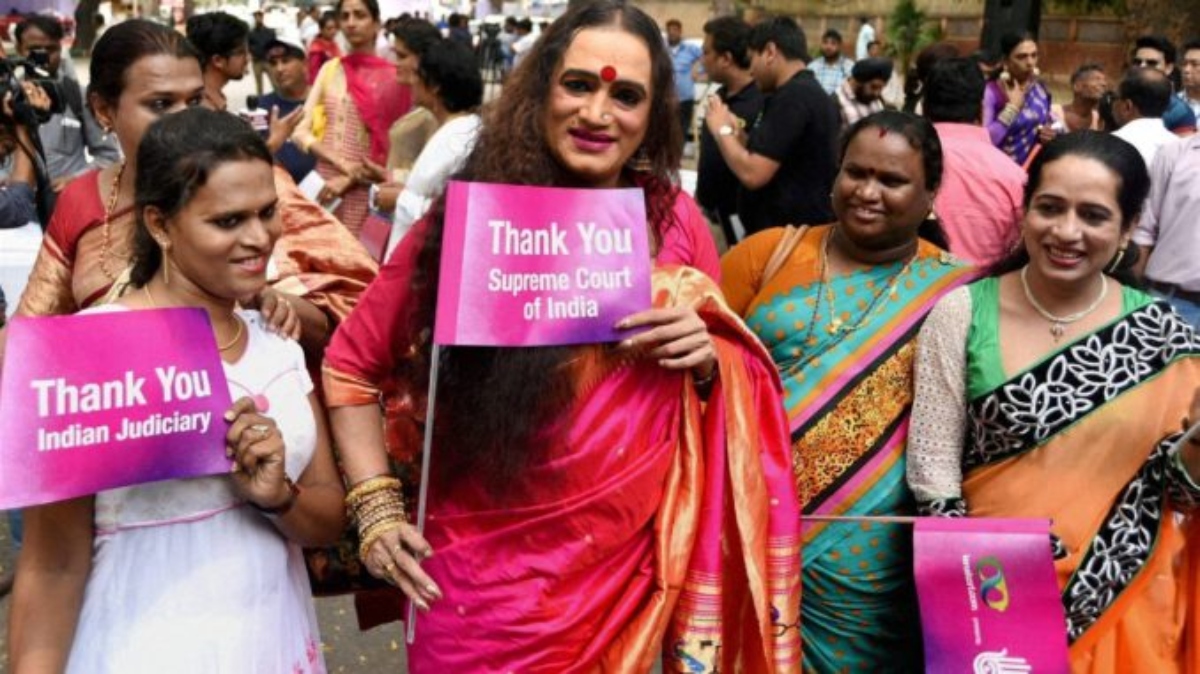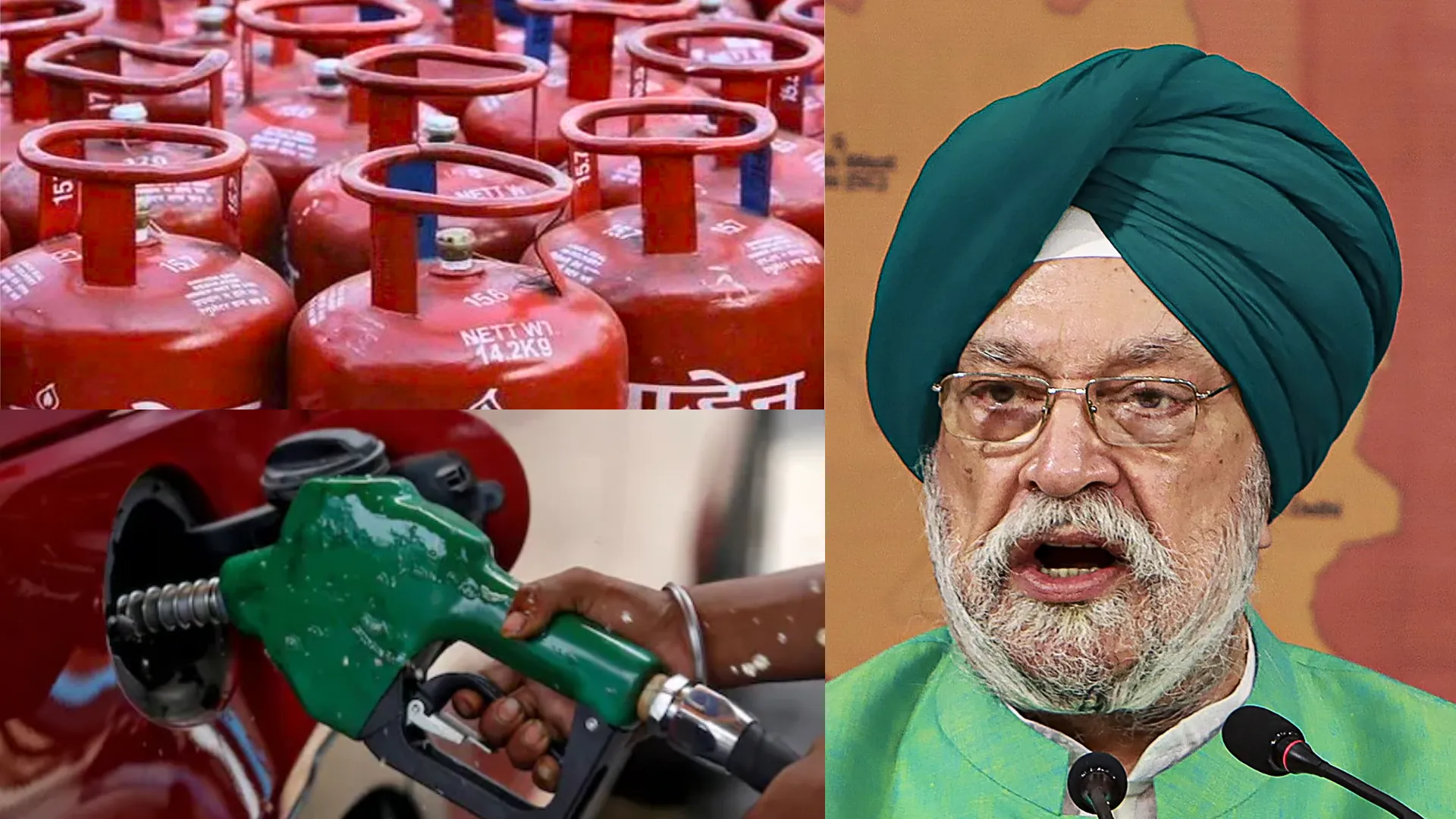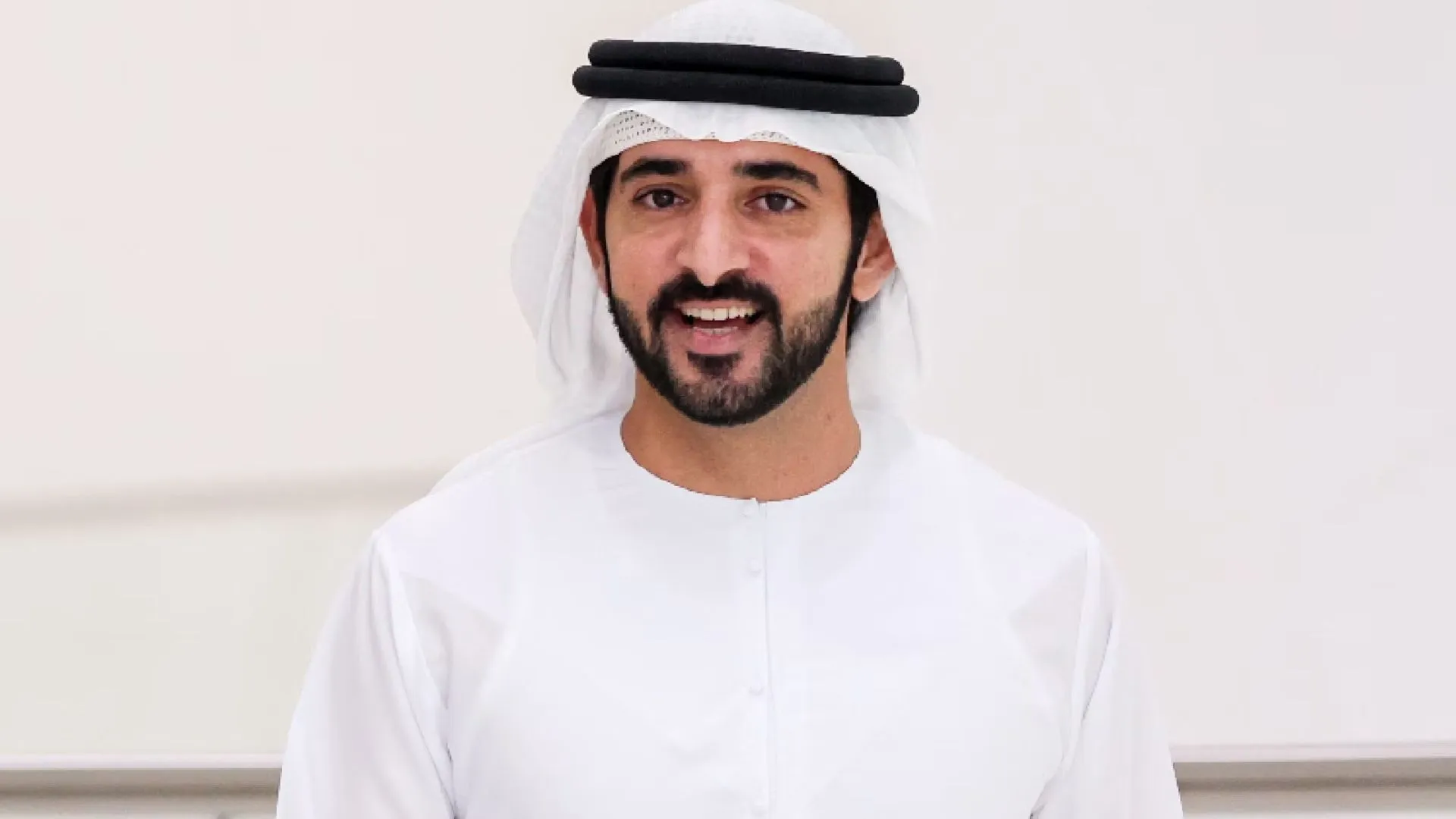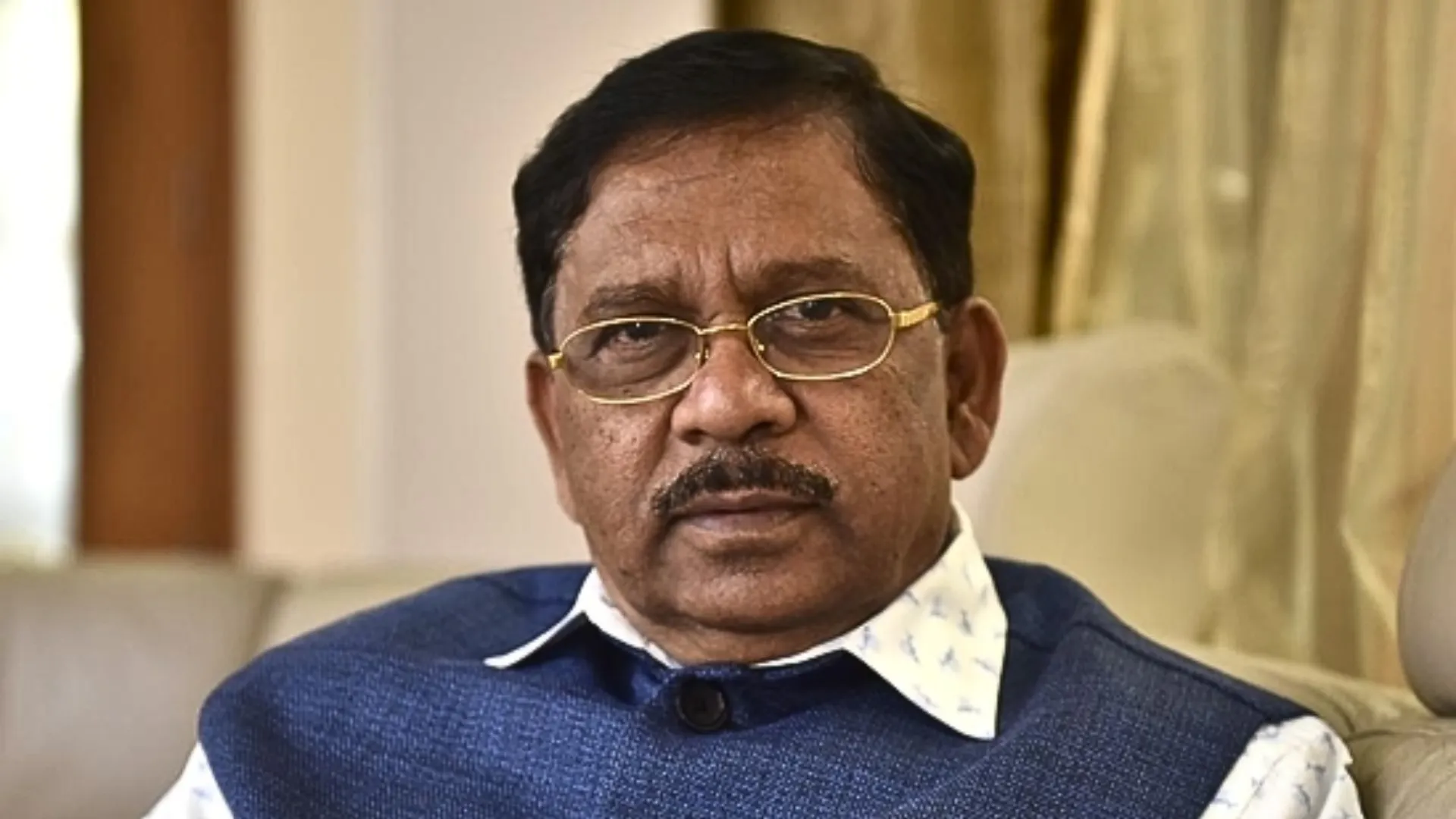Over the past decade, there have been remarkable developments pertaining to the recognition of the third category of gender in India. Even in the present day, the majority of the population is still confined to the male-female binary mindset. The transgender community has remained an invisible gender in the orthodox mindset of the Indian society with very few exceptions. The National Legal Services Authority of India (NALSA) v. Union of India (2014) is one such exception that has proved itself to be a champion of transgender rights. It is still the most relevant verdict with regard to the recognition of the transgender category in India, wherein, for the first time in India, it was explicitly recognized that there are individuals who fall outside the binary gender identities of male/female. Every individual’s right to self-identify their gender was upheld. The unique and most interesting aspect that the Judgment highlighted is that gender identity need not necessarily be connected to biological features; rather, it is a distinctive perception of one’s gender. The Apex Court directed the State Governments to legally recognize the third-gender community in every document, to include them in the category of socially and educationally backward class of citizens, and to frame social welfare schemes in favour of them. The Transgender Persons (Protection of Rights) Act, 2019, is a statutory recognition of the same.
Recently, in the State of West Bengal, the West Bengal Council for Higher Secondary Education (WBCHSE) conducted the online registration process for the 11th standard. This was the first time wherein three gender options were available to the candidates to select from, i.e., male, female, and the third gender. The best part is that nearly 600 students have registered themselves as third-gender. This is a late but very successful step for the NALSA verdict, and as the saying goes, ‘better late than never’. The President of the WBCHSE said that the majority of the candidates who enrolled as the third gender are from in and around Kolkata because the awareness and sensitization are higher in the city.
The State of Kerala was one of the first states to internalise an inclusive policy towards gender diversity in 2017. They released notification for various jobs in the State Government with the option of transgender, trans-man, trans-woman to select their gender from the list. They also had several inclusive policies to ensure the removal of the stigmatisation of the non-binary by means of proper welfare and outreach schemes. The Government also provided Rupees 5 lakhs and 2. 5 lakhs, along with Rupees 3000 for the sex reassignment surgery to trans-men, trans-women and for the follow up treatment per month which is up to 1 year from the date of the surgery.
There have been protests in terms of such options not being available on vital forms and Identity cards. Back in 2009, the transgender community opted out of voting in the elections because the Voter ID cards did not have an option of non-binary gender and in 2013, for the very first time the Election Commission of India acceeded to the constitutionally valid demand and included an option of “ Others” in the Identity cards. This was followed by another major instance when the Indian Railway Catering and Tourism Corporation, popularly known as the IRCTC included the option of the “ transgender” in the ticket reservation and cancellation requisition forms in 2016.
Before West Bengal, to address the collective demands of the students, the Directorate of Technical Education in Maharashtra had also added the Transgender option for the MH-CET exam forms of 2017 for the Engineering and Pharmacy courses. Jadavpur University included this option in 2015 and even Calcutta University in the higher education space had already implemented the same in 2019. It is only this time, that the school level forms are also being brought under the same structure of reformation that was much necessary for gender sensitization early on in the academic journey of a student. The loopholes and anomalies in adding the option compulsory have still been found even after the 2014 judgment of the apex court where Tarika Banu, Tamil Nadu’s first transgender to pass Class 12 exams could not find the option of the third gender while filling in the form for Siddha which was under the Directorate of Indian Medicine and Homeopathy. She strided to include the option manually in the form, whereas there have been instances where the candidates had to resign and resort to filling in the form with the binary gender options available.
The inclusive step of the WBCHSE is extremely commendable; however, there is still a long fight awaiting the third-gender community because of the lack of awareness and sensitivity among the students themselves as well as the society in general. Also, the real challenge for the third-gender community is not the inclusiveness on paper but rather the inclusiveness in actuality through the creation of necessary infrastructure for them. For instance, there should be separate washrooms for the third gender individuals in every educational institution. It is definitely a great leap in the inclusion of the third-gender community in the educational domain, but the fight cannot stop just yet. It has a long way to prove that it is not just a political stunt but rather a step towards the long impending gender-inclusive society.

















